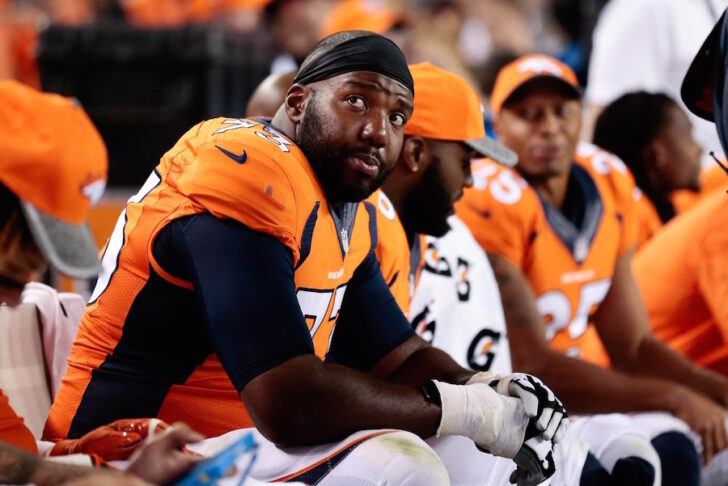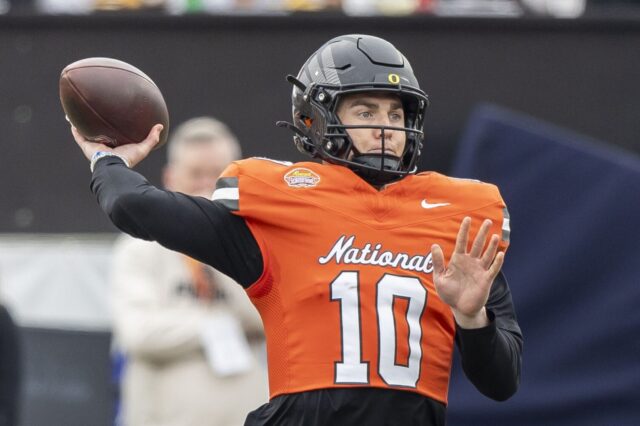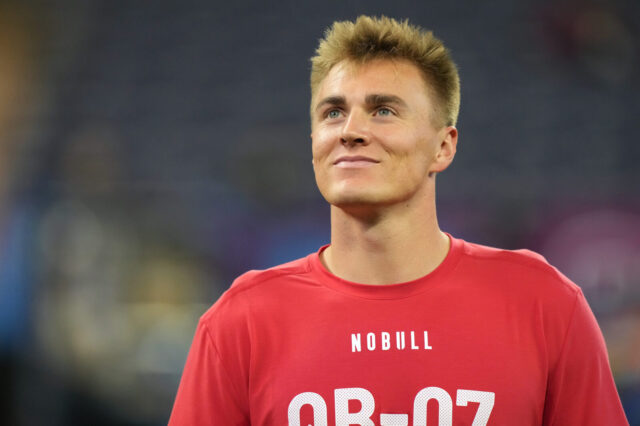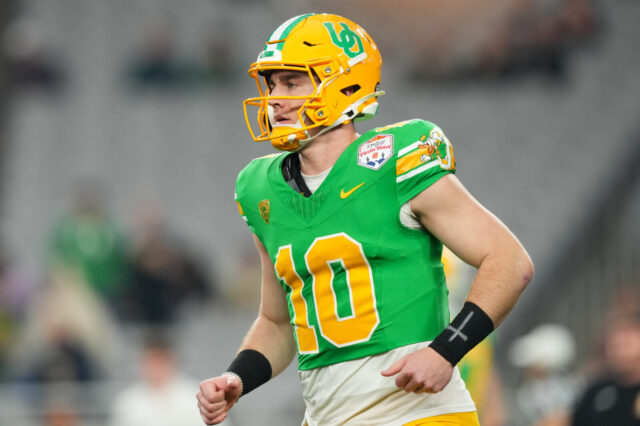The NFL season is less than a week away, but the biggest storyline in sports centers around the 49ers’ second-string quarterback and where he chooses to be during the national anthem.
Colin Kaepernick is out to make a point, and whether you agree with him or not, it’s hard to deny that he hasn’t sparked a conversation.
Throughout the preseason, Kaepernick has remained quietly seated on the bench during the singing of the national anthem in protest of the civil injustices facing African-Americans and other minorities in this country. He’s done so without fanfare — nobody even noticed until San Francisco’s third preseason game — and he’s done so without regard to his personal consequences.
In the immediate aftermath, Kaepernick faced harsh backlash from fans, teammates and pundits, and he didn’t back down; he relished the opportunity to converse. And with the discussion in full effect, people are starting to listen.
On Thursday, two more players, teammate Eric Reid and Seahawks corner Jeremy Lane, joined Kaepernick’s protest, and this morning, Denver Broncos left tackle Russell Okung released a column on The Players’ Tribune in support of Kaepernick and his cause.
“Colin’s goal was to use his platform to raise the visibility of issues that cannot and should not fall by the wayside as the media moves on to other news,” Okung wrote. “He’s not the first athlete to speak up, and he won’t be the last. For those of us who have witnessed and lived injustice, struggled with racism, and experienced police brutality, we have an obligation and a responsibility to make our voices heard. In my case, it was always my dream to play professional football but ever since my dream came true, I’ve walked a tightrope between fans’ expectations of me on and off the field. Those expectations aren’t always harmonious when they collide with reality.”
Okung compares Kaepernick’s protest to that of Tommie Smith and John Carlos’ at the 1968 Summer Olympics, where the two stood on the medal podium with their fists raised to the sky. Nearly 50 years ago, they were fighting for the rights of the African-American community, and today, Kaepernick is doing the same.
Both Smith and Carlos were stripped of their medals, expelled from the Olympics and demonized back home in the United States. Kaepernick is facing much of the same backlash.
Some of the backlash stems from the idea that athletes should stick to sports and leave politics, religion and all other personal believes at home.
Okung disagrees.
“As a society, we so often want to see the arenas and fields solely as a place for play. But what many people miss is the transcendent power of sport. Athletics has always been a part of our political context and has played an important role in shaping the culture we are a part of. And that’s not just the case here in America; it’s been true around the globe. In the battle against apartheid, Nelson Mandela noted that sport, ‘has the power to unite people in a way that little else does.’ Sports can create hope where once there was only despair. And, in some cases, athletics can be more powerful than government in breaking down racial barriers.”
And Okung is following that message himself. Through the GREATER Foundation, which Okung is the co-founder and president of, he aims to use the power of sports and technology to equip students of all backgrounds for success.
https://www.youtube.com/watch?v=NgjndLlF7GU
To learn more about the GREATER foundation, you can visit the website here.



